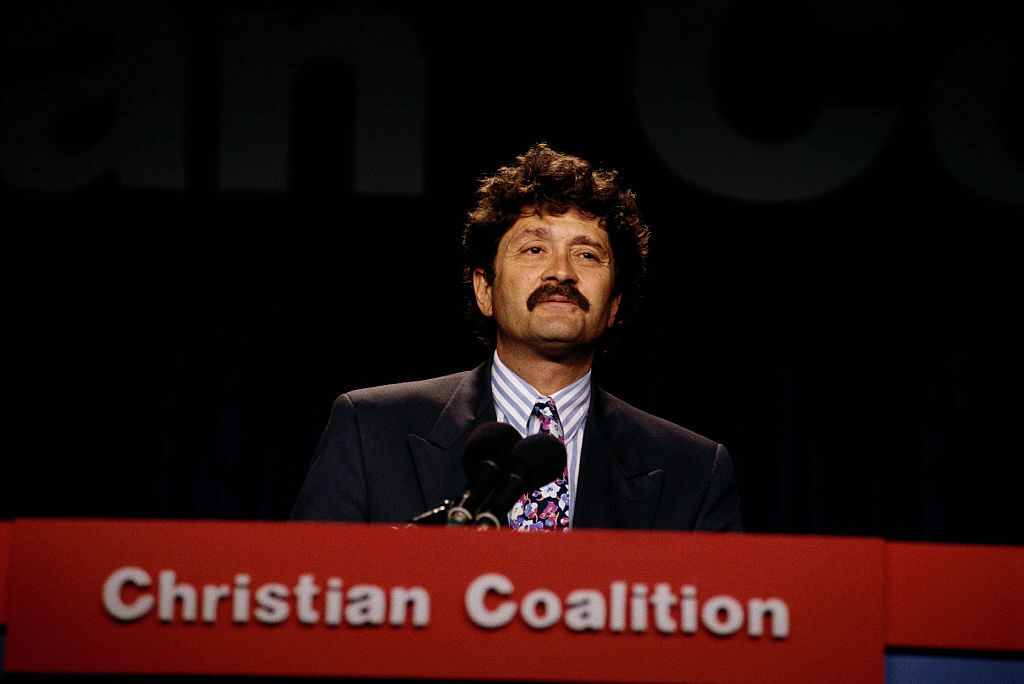Actor Rainn Wilson has blasted Hollywood for its anti-Christian bias after an overtly Christian character in HBO’s “The Last of Us” turns out to be a cannibal and a rapist.
Best known for his role as Dwight Schrute on the NBC sitcom “The Office,” Wilson said this weekend he knew a character named David would turn out to be a villain as soon as he started reading from the Bible.
“I do think there is an anti-Christian bias in Hollywood,” Wilson tweeted. “As soon as the David character in ‘The Last of Us’ started reading from the Bible I knew that he was going to be a horrific villain.”
“Could there be a Bible-reading preacher on a show who is actually loving and kind?” he asked.
I do think there is an anti-Christian bias in Hollywood. As soon as the David character in “The Last of Us”
started reading from the Bible I knew that he was going to be a horrific villain. Could there be a Bible-reading preacher on a show who is actually loving and kind?— RainnWilson (@rainnwilson) March 11, 2023
In episode 8 of the series, titled “When We Are in Need,” David, pastor of a small church in Wyoming, meets Joel and Ellie (played by Pedro Pascal and Bella Ramsey, respectively).
After their first meeting, David’s character is revealed to be a cannibal and is even later shown attempting to sexually assault a young girl.
During that scene, David cites a biblical passage, which reads: “There is no fear in love, but perfect love drives out fear, because fear involves punishment. The one who fears has not been perfected in love” (1 John 4:18).
Rainn Wilson is not a Christian himself, but is affiliated with the Baha’i religion, which draws from the teachings of Jesus Christ, Moses, Muhammad, and Buddha.
Accusations of anti-Christian bias in Hollywood are hardly anything new.
“If someone turns up in a film today wearing a Roman collar or bearing the title ‘Reverend,’ you can be fairly sure that he will be either crazy or corrupt—or probably both,” wrote Jewish film critic Michael Medved back in 1989.

Michael Medved: “For many of the most powerful people in the entertainment business, hostility to traditional religion goes so deep and burns so intensely that they insist on expressing that hostility, even at the risk of commercial disaster.” (Wally McNamee/CORBIS/Corbis via Getty)
At the time, Medved argued Hollywood couldn’t hide behind the excuse that they were just giving the customers what they want, because Christian-bashing films (he provides copious examples) tend to do extremely poorly at the box office, whereas films with a sympathetic view of traditional religion do comparatively well.
“Hunger for money can explain almost everything in Hollywood, but it can’t explain why ambitious producers keep launching expensive projects that slam religion,” wrote the former co-host of the weekly PBS television program, Sneak Previews, which leads one to suspect that a deeper anti-Christian bias is at work.
“It is hard to escape the conclusion that there is a perverse sort of idealism at work here,” Medved contended. “For many of the most powerful people in the entertainment business, hostility to traditional religion goes so deep and burns so intensely that they insist on expressing that hostility, even at the risk of commercial disaster.”


